15th
April
2012
Hi Guys,
I know this is one of the most confusing subjects about the BMW E36 cars. Too many sensors with complicated names. Hopefully, this list will help you figure out what the most common sensors in your cars are and what they actually do. Have fun O_o :-
| Symbol |
Name |
Job |
Picture |
| CPS |
Crank Position Sensor |
Controls the timing of firing for the spark plugs. |
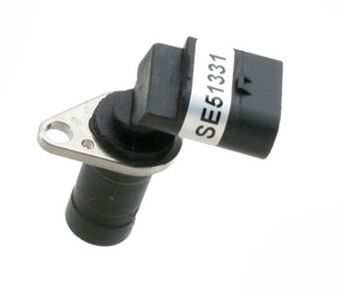 |
| CMP |
Camshaft Position Sensor |
Controls the timing of injecting fuel. |
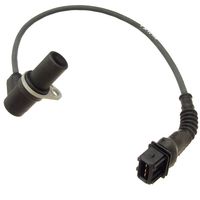 |
| MAF |
Mass Air flow Sensor |
Reads the volume of air entering the engine intake. |
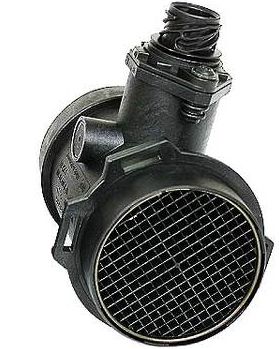 |
| ICV |
Idle Control Value |
By controlling how much air is allowed to enter through the throttle plate, it controls the idle of the engine. In many cases where the BMW E36 is not idling perfectly, the Idle control valve is the reason behind this problem. Read about cleaning the ICV. |
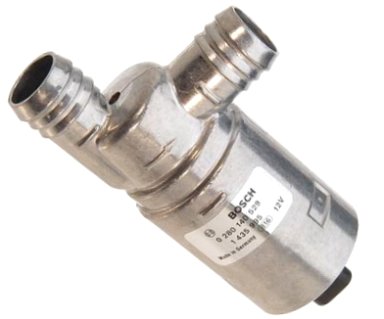 |
| IAT |
Air Intake Temp Sensor |
Measures incoming air temperature. If the air is cold (more dense), the engine will need more fuel. |
 |
| O2 |
Oxygen Sensor (Precat, Postcat) |
Monitors the gas that’s coming out of exhaust and provides readings to the DME to help it mix air+fuel better. |
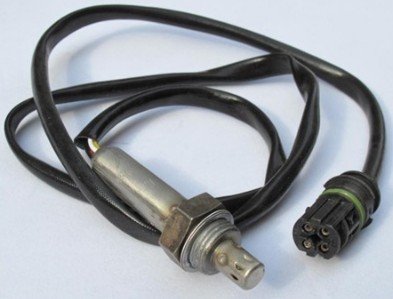 |
| CTS |
Coolant Temp Sensor |
Measures temperature of the coolant. |
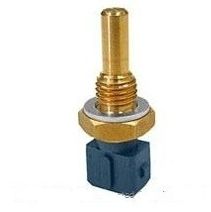 |
| TPS |
Throttle Position Sensor |
Measures changes in the throttle position. |
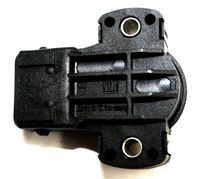 |
BMW E36 Blog: The ultimate BMW E36 information source.

posted in Engine, Technical Info, Tips & Tricks, Uncategorized |
8th
July
2008
Hi All,
Anyone had a chance to read my previous post BMW E36 M42 DISA Valve and check the DISA valve for me? :p Come on, no one with M42 engine? or are you afraid to discover a problem in your engines?
BMW E36 Blog: The ultimate E36 information source.
posted in Engine, Uncategorized |
3rd
July
2008
As you may know, I’m facing trouble with my BMW E36 318is idle and until now, I was unable to totally fix the problem. I’ve cleaned the ICV, changed oxygen sensor, checked for vacuum leaks but this didn’t solve my problem. I still have a problem in one of the knock sensors, but mechanics say that it doesn’t affect the idle in anyway. Well, although this may sound correct, but I’m going to change it anyway simply because I hate to have such a problem in my car which may cause some damage to the engine.
Now, I’ve discovered last week that my DISA valve doesn’t close. For those who don’t know what the DISA valve is, please check here and here.

I’ve tried to reach to the DISA valve and check to see if the actuator arm retracts if I turned my engine on and below 4,700 RPM. I found out that the DISA valve doesn’t close and I think this may affect the idle although I’m not 100% sure of that.
So, what I’m looking for is some help from you guys. Anyone with M42 engine can confirm that the DISA valve actuator arm retracts when you start your engine. To check that simply:
1. Reach with your hand behind the DISA diaphragm.
2. You should feel a small arm that you can press with your finger when the engine is off.
3. Now, according to the Bentely manual, the actuator arm should retract when the engine is started (at idle).
Now, can you feel the actuator arm retracts when the engine is started? Can you please confirm this?
BMW E36 Blog: The ultimate E36 information source.

posted in Engine, Tips & Tricks, Uncategorized |
30th
January
2008
Rough idle problems are really common on BMW E36 cars and there are a lot of problems that may cause this to appear. First I will show you a video of such a rough idle and then list the possible problems that may cause that.
Take a look:-
The possible reasons for such a problem are:
1. Oxygen Sensor is gone: You can run a diagnosis to see if this is the problem. If you find out that it’s the problem, you should replace it. Read Everything you need to know about Oxygen Sensor! for more information about oxygen sensors.
2. Idle Control Valve: Dirty idle control valve is a very common problem in BMW E36 cars that may cause rough idle. You can use this DIY (Do It Yourself) to learn about Cleaning E36 ICV (Idle Control Valve)
3. Plugs and Distributor: You may need to replace these to solve your problem. I however don’t have a way to check them before replacement.
4. The Throttle Position Sensor (TBS) and/or connections may be bad: You can simply disconnect it and see if your problem is solved or not.
BMW E36 Blog: The Ultimate E36 Information Source.

posted in Electrical, Engine, Technical Info, Tips & Tricks |











 (4.86 out of 5)
(4.86 out of 5) (4.07 out of 5)
(4.07 out of 5)



